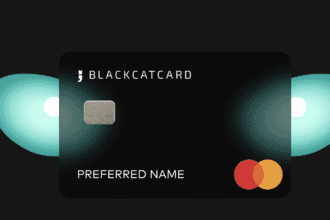You must have learned a lot about student loan refinancing over the past year. It’s a complicated process, and there are pros and cons to doing it, so they have created this guide to help you decide if it’s right for you. So what is student loan refinancing? According to Lantern by SoFi advisors, Student loan refinancing can sound complicated, but it’s really quite simple.” Below read about it more:
When your financial situation has changed
If your financial situation has changed, you may be a good candidate for refinancing. For example, if you’ve got a new job, married someone who makes more money than you do, bought a house or had a baby, refinancing may make sense because those changes will allow you to qualify for lower rates (depending on the lender).
Keep in mind that if you have experienced recent hardship, such as medical bills or other debt obligations, this could also be grounds for refinancing.
When you want to lower your interest rate
If you have a high-interest rate, refinancing your loans can lower the amount of money you pay in interest over the life of your loan. On the other hand, if you already have a low-interest rate (2% or below), refinancing isn’t likely to save you much money.
Fixed-rate loans are another thing to consider when deciding whether or not student loan refinance is right for you. For example, if your current fixed-rate loan has an APR higher than 5%, then refinancing may be worth it. However, if your current fixed-rate loan has an APR below 5%, it’s probably better to keep things as they are instead of going through all the hassle of refinancing.
When you have one lender to repay
You only have one lender if:
- You have only one student loan
- Your lender is the federal government, and that loan came with a fixed interest rate.
When you’ve seen significant credit score improvement
If you’ve seen a significant improvement in your credit score, it may be time to refinance. When lenders see that they won’t have to lend money to someone with bad credit, they often offer lower rates and better repayment terms.
In addition, if the interest rate on your loan is variable and the market has gone down since you got the loan (which it has done in recent years), then refinancing into a fixed-rate loan would give you some peace of mind about what your payments will be.
When you want to change your repayment term
If you want to change your repayment term, you can do so by refinancing your student loans. For example, if you want a longer loan term but still keep the same monthly payment, then refinancing would be a good option for you. Refinancing also lets borrowers lower their monthly payments by extending the length of their loan terms or adjusting interest rates and fees.
You can refinance your student loans if you’re looking for a better interest rate or if you need to consolidate multiple loans into one. Refinancing your student loans can be a great way to save on payments and get out of debt faster. However, it’s not always the best choice—so before you commit, you must do your homework first.








